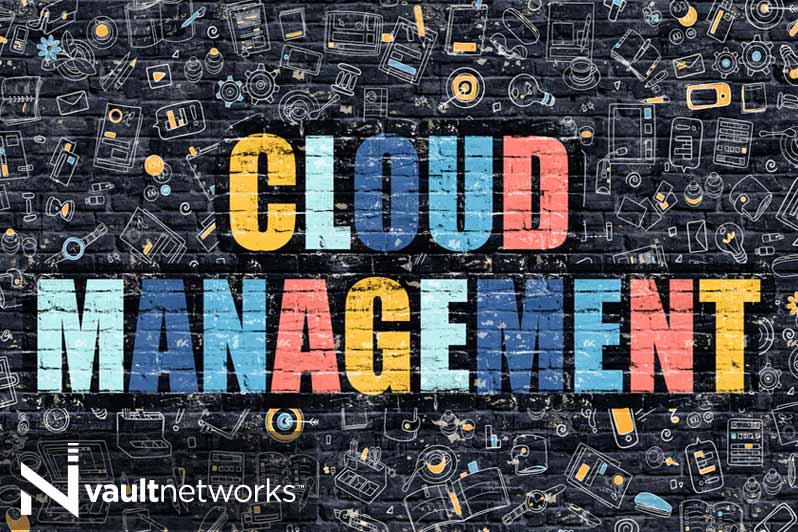Cloud services are now the choice of many companies that want to cut costs and scale resources. Businesses can use the cloud for local needs, but many see worldwide possibilities with the cloud as well. The cloud offers private in-house solutions, third-party data center solutions, and hybrid clouds, which are a combination of private and public clouds.
The first cloud computing decision IT departments need to make is who will manage the cloud computing services. Will the IT department of the business manage the cloud? Or will the data center where the resources are stored manage it?
The benefits of outsourcing services
The key advantages of outsourcing cloud management are:
- Easy to scale. When companies manage their cloud in-house, they need to make decisions as to what computer products they need to buy. Many companies are smart enough to plan for some growth, but most don’t plan for enough. Once servers and other resources are purchased, it can be extremely difficult and impractical to add more storage, newer products, or smarter software. When the cloud services are outsourced, the resources are already there and can be easily adjusted to fit the company’s new needs.
- Better security and backups. Cyber attacks are becoming more sophisticated and harder to defend against. It can be a virtual nightmare for an IT department to keep up with new malware or what new devices need to be protected in this world of the Internet of Things. A data center has the technical staff and computer resources to keep current with the latest security threats.
- Backups and disaster recovery. Data-centers are designed to routinely back up data so that it can be used if disaster strikes and original data or applications are lost or destroyed. These outside centers are also prepared to get your system up and running quickly with little or no downtime.
- Fewer hardware costs. With outsourcing, there’s no need to invest in expensive servers, routers, networks, and other devices to manage your information.
The ease of adding new software solutions and applications is another prime benefit of outsourcing cloud management.
Advantages of in-house cloud management
In-house control of cloud computing has its own set of advantages. Hands-on control of the cloud helps with the following:
- Compliance requirements. HIPAA, the EU Directive, and other U.S. and foreign laws require that electronic health records, personal identification information, financial records, and other sensitive data be protected. It’s often easier to protect the data in-house. Outsourcing sensitive data can also open the door to the company having to meet even more compliance laws, particularly if the data center is located in another country.
- Security is tighter. While data centers may have more current security software, there are fewer dangers and fewer entry-points if the cloud services are self-contained.
- Simplicity. Small businesses with simplistic IT needs may not require the scope of services that data centers offer. For these businesses, in-house solutions can be less expensive and more practical.
In-house cloud management does require an in-house staff, in-house physical resources, and space. The business has to make sure it stays current with the latest in software and hardware trends and security.
For answers to your questions, speak with a cloud hosting professional today.
It’s not an easy choice to decide between outsourcing cloud services or keeping them in-house. The best strategy is to get all the information you can before making this decision that can tie up your IT resources for a long time. Call us to review your IT needs with an experienced cloud management consultant.
• Call: 305 735 8098. Ext. 2
• Chat with a member of our team to discuss which solution best fits your needs.

